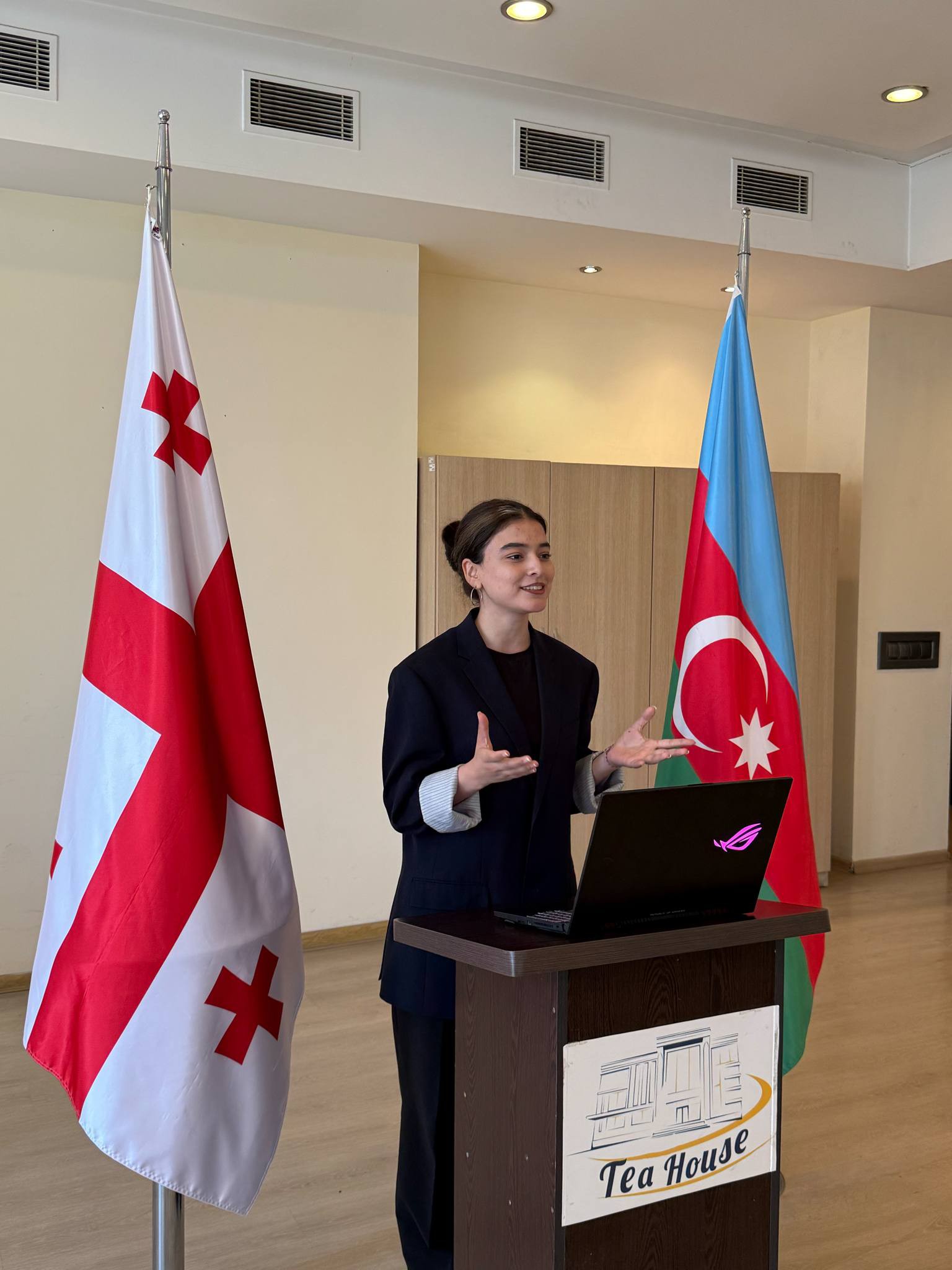

"Peace Education: The Path to a Non-Violence Future" - Article by Tea House English teacher Arzu Aliyeva
other
4 months ago
The increase in armed conflicts, social tensions, and violent attitudes in the modern world makes the concept of peace and the work to be done in this direction even more relevant. Peace is not just an idea or a desire — it is a skill, a process that can be learned and taught. Peace education serves precisely this purpose: to teach people to build a world free from violence, based on mutual understanding and cooperation.
The Caucasus region has historically been a place where different cultures, religions, and peoples converge. While this diversity, on the one hand, is a source of wealth and potential, on the other hand, it can lead to conflicts if not properly managed. This is why peace education is especially important in the Caucasus — it serves as a powerful tool for creating unity and understanding in diversity.
Maintaining stability in the region is an important condition not only in terms of security, but also for social and economic progress. In societies where peace and mutual understanding exist, investment flows, tourism, and opportunities for cooperation increase. This is the foundation of both local and regional development.
Peace education in the Caucasus serves not only to prevent the recurrence of past conflicts, but also to create a more inclusive, stable and development-oriented environment for future generations. This form of education calls for taking real steps to make peace not just an idea, but a part of everyday life.
Peace education develops people's critical thinking skills, enabling them to approach conflicts through dialogue, rather than violence. This is done by instilling values such as empathy, understanding, social responsibility and human rights. Peace education is not only aimed at preventing war, but also at recognizing and preventing all forms of violence in everyday life - at school, in the family, in society.
Understanding between people is becoming more difficult every day. Different members of society only defend their own position without listening to each other. In such an environment, peace education teaches young people to be open to different ideas, to listen to the other side and to build empathy. This serves to form a more sustainable and healthy society.
Peace education begins in the family, continues in school and is formed in society.
Peace education is one of the most effective tools for shaping the peace-loving generations of the future. This form of education should be presented not only as a subject, but as a way of thinking and a way of life. As mutual understanding, a culture of listening and empathy are formed between people, society will become more just and non-violent.
If we want a safer, more just and humane future, we must start peace education today.